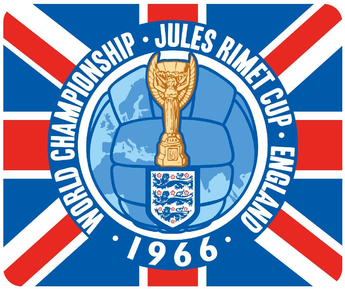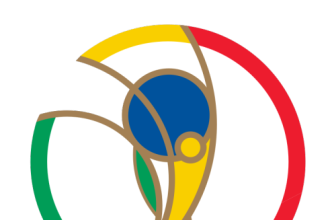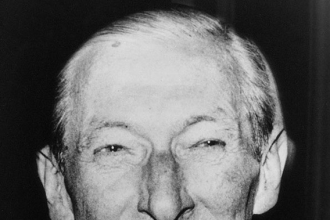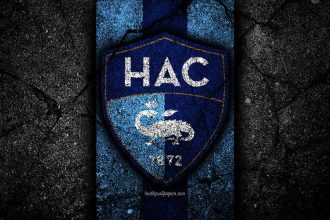1966 FIFA World Cup: The controversy over Tawfiq Bayramov
The 1966 FIFA World Cup held in England was a momentous occasion that left an indelible mark on football history. It was a tournament filled with excitement, drama, and unforgettable moments that captivated fans around the world. In this article, we will delve into the details of the tournament, highlighting key matches, standout players, and the ultimate triumph of the host nation.
England, known for its rich football tradition, was selected as the host nation for the 1966 World Cup. The tournament took place in various cities across England, including London, Manchester, Birmingham, and Liverpool. Iconic stadiums such as Wembley Stadium in London served as the stage for some of the most memorable matches in World Cup history.
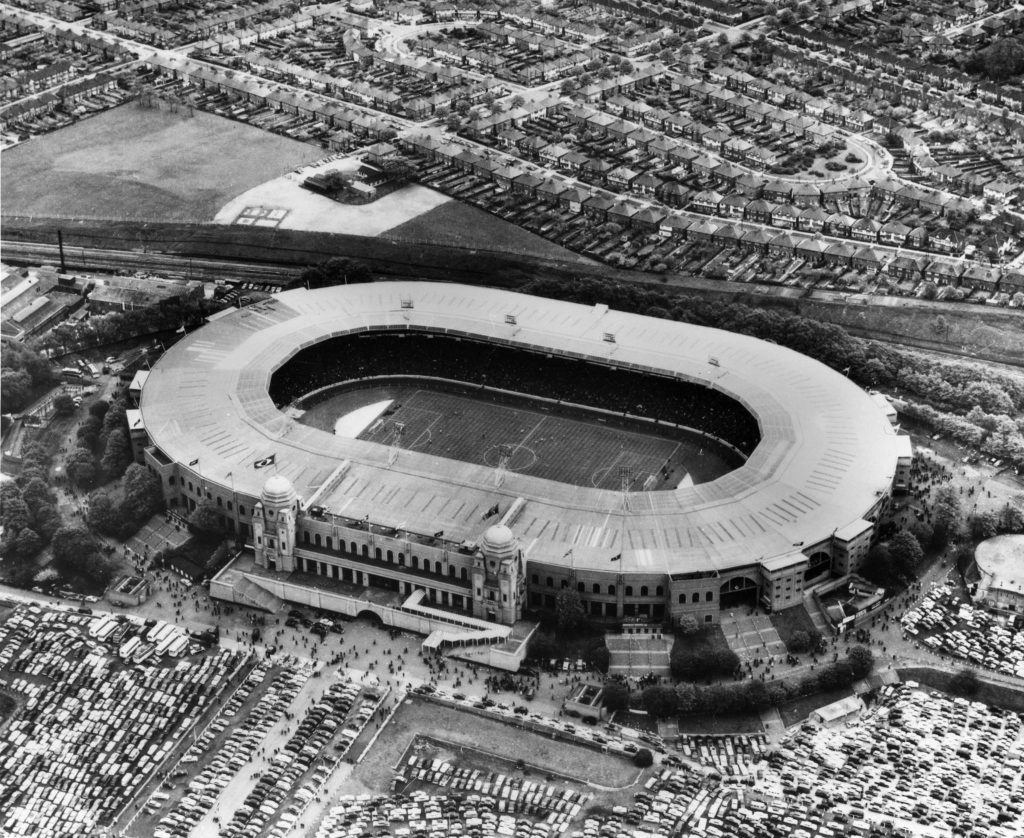
Teams:
Bulgaria, England (hosts), France, Hungary, Italy, Portugal, the Soviet Union, Spain, Switzerland, West Germany, Mexico, Argentina, Brazil, Chile, Uruguay, and North Korea.
The 1966 World Cup featured 16 teams from around the globe competing for football supremacy. The teams were divided into four groups, with the top two from each group advancing to the knockout stage. The tournament showcased the talents of established footballing nations like Brazil, Italy, and Germany, as well as emerging teams from North Korea and Portugal.
The mascot for the 1966 competition was “World Cup Willie”, a lion wearing a Union Jack jersey emblazoned with the words “WORLD CUP”. This was the first World Cup mascot and one of the first mascots to be associated with a major sporting competition. Willie was designed by freelance children’s book illustrator Reg Hoye. The official match ball was produced by Slazenger for the tournament.
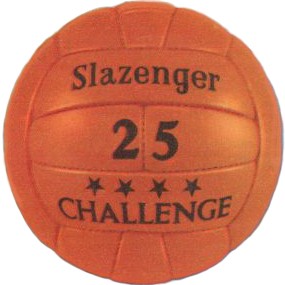
The 1966 World Cup provided fans with a series of unforgettable matches and remarkable performances. One of the standout moments occurred in the quarterfinals when North Korea shocked the football world by defeating Italy, securing their place in the history books as the first Asian team to reach the quarterfinals. Another memorable match was the encounter between Portugal and North Korea, in which Portugal staged a remarkable comeback from 0-3 down to win 5-3.
The final match between England and West Germany remains etched in football folklore. Held at Wembley Stadium on July 30, 1966, the game went into extra time after a 2-2 draw in regular time. In the 98th minute, Hurst found himself on the scoresheet again; his shot hit the crossbar, bounced down onto the goal line, and was awarded as a goal. With 11 minutes of extra time gone, Alan Ball put in a cross and Geoff Hurst swiveled and shot from close range. The ball hit the underside of the crossbar, bounced down, and was cleared. The referee Gottfried Dienst was uncertain if it had been a goal and consulted his linesman, Tofiq Bahramov from Azerbaijan in the USSR, who indicated that it was, and the Swiss referee awarded the goal to the home team. The crowd and the audience of 400 million television viewers were left arguing whether the goal should have been given or not. The crossbar is now on display in Wembley Stadium The debate has long raged over whether the ball crossed the line, with the goal becoming part of World Cup history. England’s final goal was scored by Hurst again, as a celebratory pitch invasion began. Geoff Hurst’s famous hat trick in extra time sealed a 4-2 victory for England, crowning them as the champions of the world for the first time in their footballing history.BBC commentator Kenneth Wolstenholme’s description of the match’s closing moments has gone down in history: “Some people are on the pitch. They think it’s all over … [Hurst scores] It is now!”
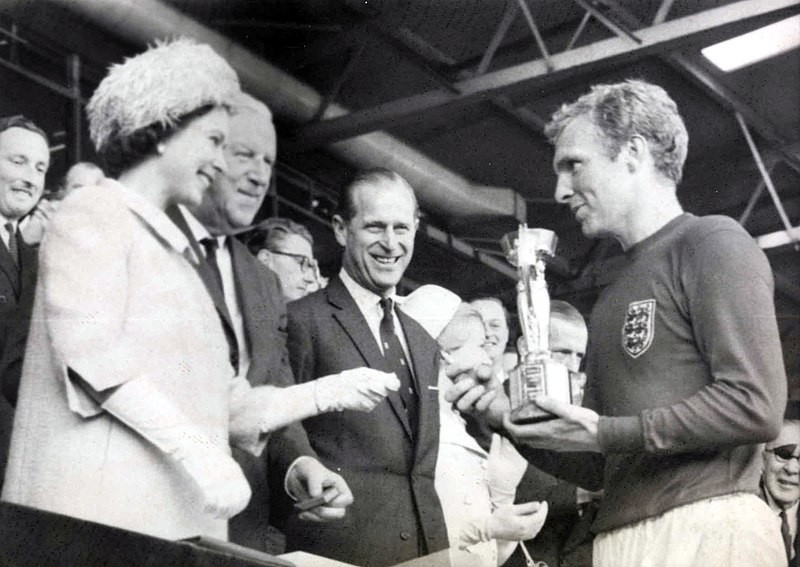
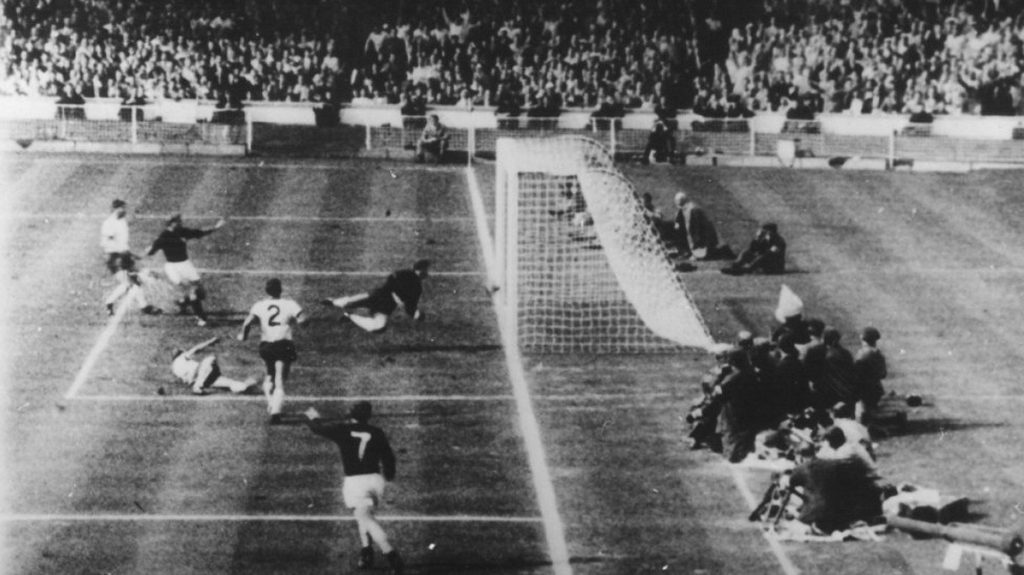

The 1966 World Cup showcased a host of exceptional players who left their mark on the tournament. Bobby Charlton, the English midfield maestro, played a pivotal role in England’s success with his skill, vision, and goal-scoring ability. Eusebio, the Portuguese forward, emerged as the tournament’s top scorer, thrilling fans with his dazzling displays and finishing prowess. Other notable players include Franz Beckenbauer (Germany), Ferenc Bene (Hungary), and Lev Yashin (Soviet Union), who displayed exceptional talent throughout the tournament.
The 1966 World Cup had a lasting impact on English football, elevating the nation’s status as a footballing powerhouse. It sparked a surge in popularity for the sport, inspiring a generation of young players and fueling the growth of grassroots football across the country. The victory also instilled a sense of national pride and unity, leaving an enduring legacy in the hearts of football fans in England.
The 1966 FIFA World Cup was a defining moment in football history, marked by thrilling matches, iconic performances, and England’s triumphant journey to become world champions. The tournament showcased the beauty and passion of the sport while leaving an everlasting legacy on English football. Decades later, the memories of the 1966 World Cup continue to inspire football fans around the world and serve as a testament to the magic of the beautiful game.

